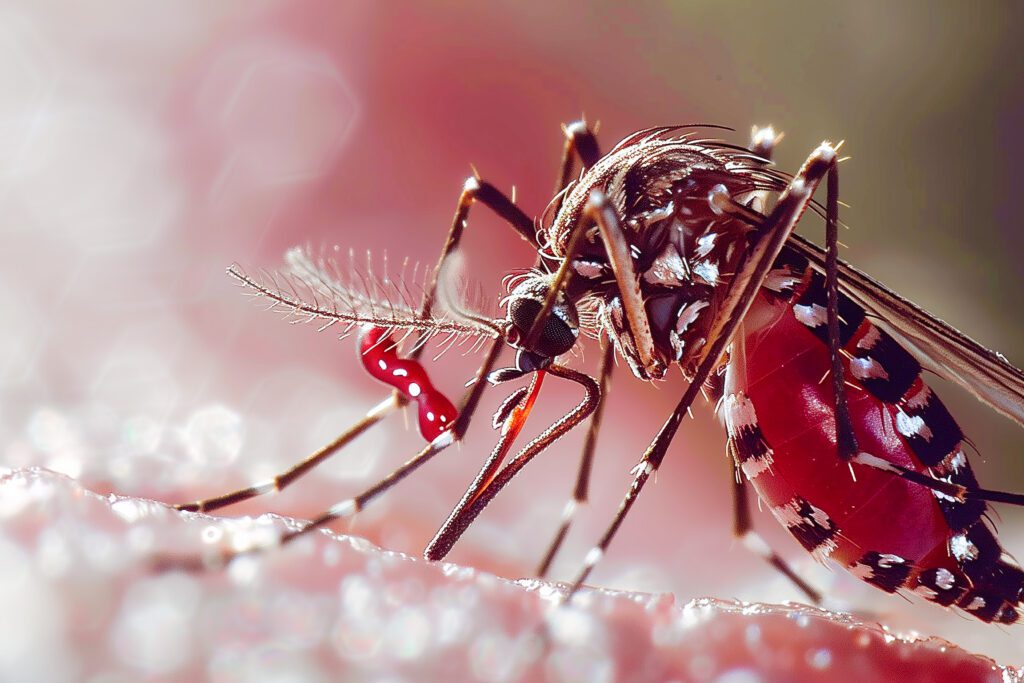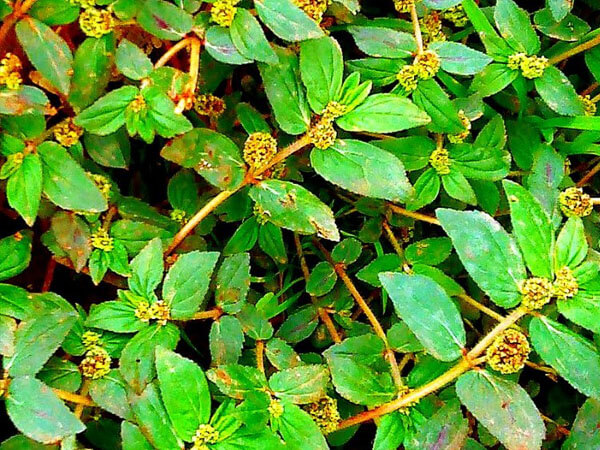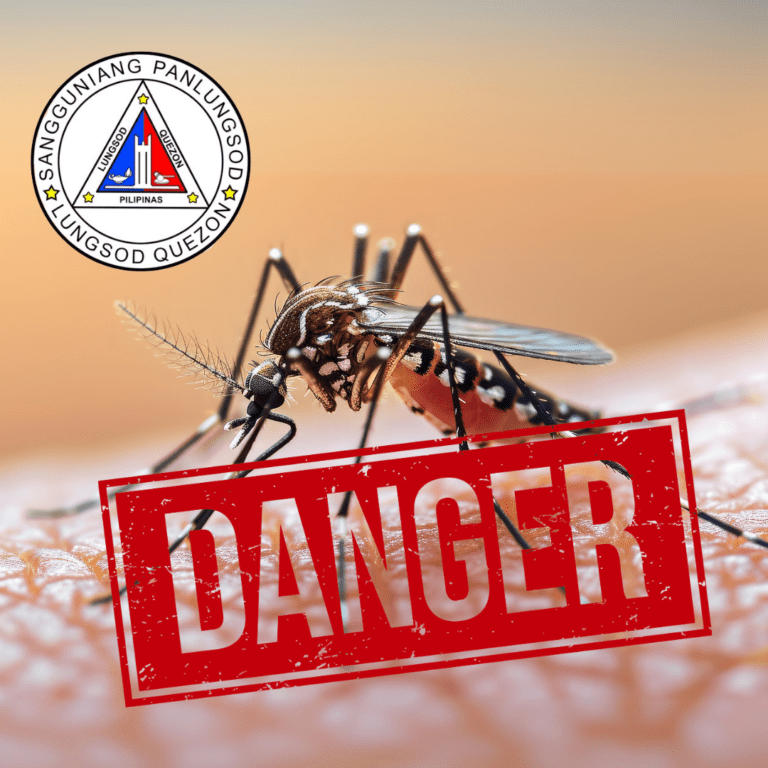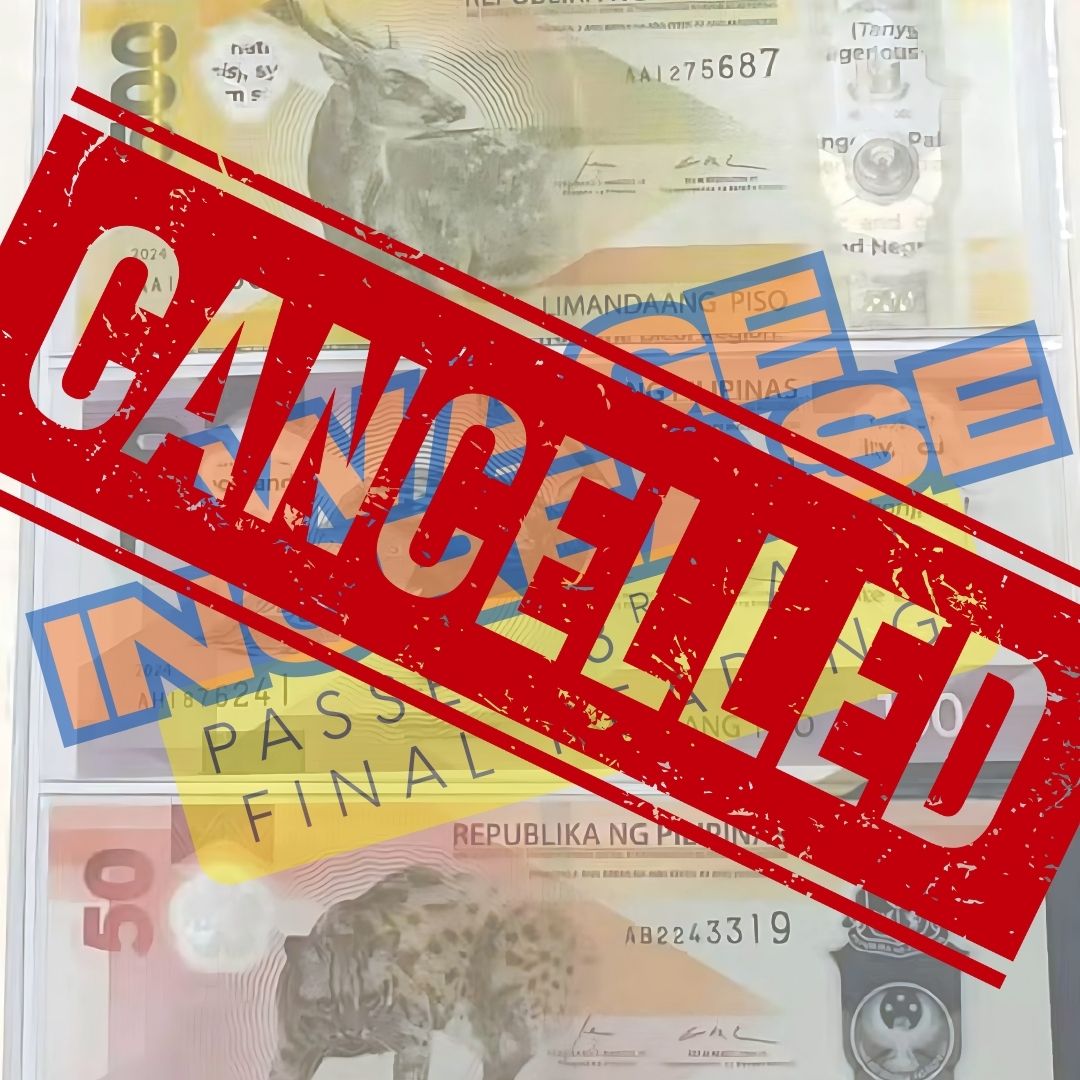In response to a significant rise in dengue cases, the Quezon City government has declared an outbreak to mobilize resources and protect residents from the mosquito-borne disease. From January 1 to February 14, 2025, the City Epidemiology and Surveillance Division (CESD) recorded 1,769 dengue cases, marking a nearly 200% increase compared to the same period last year. Tragically, 10 individuals have succumbed to the disease, with eight of the fatalities being minors.
Mayor Joy Belmonte emphasized the city’s commitment to addressing the outbreak: “Our declaration of a dengue outbreak ensures that we are on top of the situation, and we are doing everything we can to protect our residents from this deadly disease, especially our children.”

Preventive Measures Against Dengue Outbreak
Dengue is transmitted by the Aedes aegypti mosquito, which thrives in tropical and subtropical climates. To reduce the risk of infection, residents are advised to:
- Eliminate Breeding Sites: Regularly empty and clean containers that collect standing water, such as buckets, flower pots, and tires, to prevent mosquitoes from laying eggs.
- Use Protective Measures: Apply mosquito repellent on exposed skin, wear long-sleeved clothing, and use mosquito nets or screens to reduce mosquito bites.
- Participate in Community Clean-Up Drives: Collaborate with local authorities in organized efforts to clean surroundings and remove potential mosquito habitats.
Recognizing and Responding to Dengue Symptoms
Early detection and proper medical care are crucial in managing dengue. Common symptoms include:
- High fever
- Severe headaches
- Pain behind the eyes
- Joint and muscle pain
- Fatigue
- Nausea and vomiting
- Skin rashes
If you or a family member exhibit these symptoms, especially after mosquito exposure, seek immediate medical attention. Early consultation can prevent complications and improve recovery outcomes.
The Role of Tawa-Tawa in Dengue Management
Tawa-tawa (Euphorbia hirta), a plant native to the Philippines, has been traditionally used in folkloric medicine to alleviate dengue symptoms. Studies have indicated that tawa-tawa is rich in bioactive compounds like phenolics and flavonoids, which may contribute to its potential anti-dengue properties.
However, health authorities caution that while tawa-tawa may offer supportive benefits, it should not replace conventional medical treatments. The Department of Health emphasizes that there are currently no specific treatments that directly target the dengue virus. Therefore, tawa-tawa should be considered a supplementary measure, and patients are urged to consult healthcare professionals for appropriate medical management. (Here’s an article regarding this)

Community Efforts and Government Initiatives
In light of the outbreak, the Quezon City government has intensified its anti-dengue campaign, focusing on public education, fumigation drives, and community engagement to eliminate mosquito breeding sites. Residents are encouraged to participate actively in these initiatives to curb the spread of dengue.
By staying informed, practicing preventive measures, and seeking timely medical care, the community can work together to combat the dengue outbreak and safeguard public health.
For more on the latest, click here!






